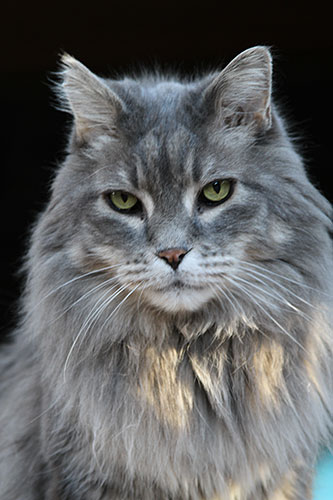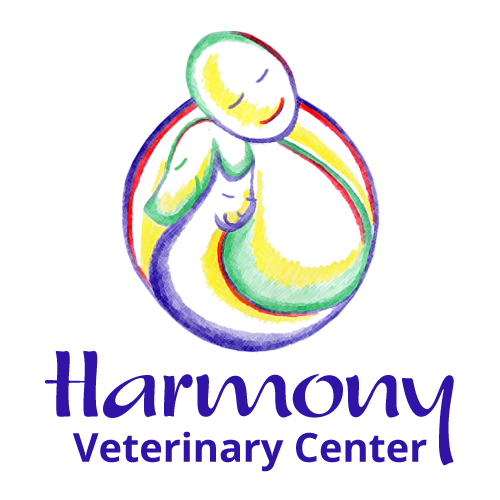Improved nutrition and advances in veterinary medicine have increased the lifespan of our pets. We love the extra years with our companions but just like humans, dogs and cats are prone to a number of medical problems as they grow older.

Metabolic diseases like diabetes or cancer, kidney or liver problems, and increasing joint pain appear more commonly in pets over seven years of age.
Unfortunately, one of the biggest symptoms of an underlying disease is pain, which is difficult for our pets to communicate to us. Instinctually animals mask their pain, since in the wild showing pain would expose them to becoming easy prey to a predator or to losing their social status within their group or pack.
For these reasons we recommend twice yearly wellness exams for senior dogs and cats , and diagnostic tests to be able to detect and treat conditions early when they are easier to manage. With integrated medicine and extra care, many conditions can be prevented, delayed, or managed, to give your pet a good quality of life in his or her golden years. Our medical team will help you understand and recognize the signs of illness or pain in your dog or cat and they, are always there to answer questions or concerns as your pet ages so you can be proactive in your pet’s senior health care.
We enjoy our senior patients and are here to assist you and your pet to spend his or her senior years in dignity and comfort.
Accidents and illness
Even the healthiest, best cared for pet can become sick or injured. Signs of illness in pets include:
- Vomiting or diarrhea
- Limping
- Changes in behavior
- Aggression in a pet that is normally not aggressive
- Changes in urination habits, straining to urinate, frequent urination
- Loss of housetraining, not using the litter box
- Changes in bowel movements or stool consistency, straining to defecate
- Excess drooling
- Excess shedding, bald spots or loss of hair
- Itching
- Crying or anxiety
- Increased or decreased affection for family or other pets
- Hiding or other changes in behavior or routine
- Weight loss or weight gain
- Shaking the head
- Licking obsessively at one spot
- Lack of grooming in cats
- Discharge from eyes or nose
- Excess panting or labored breathing
- Inability to keep up on walks, or not wanting to play
- Changes in appetite or water consumption
Should you see any of these symptoms, call us for an appointment.
